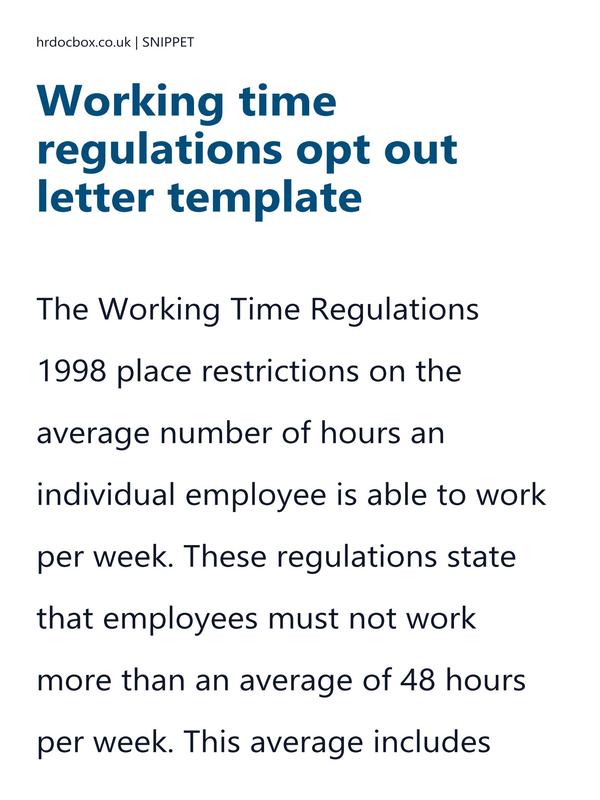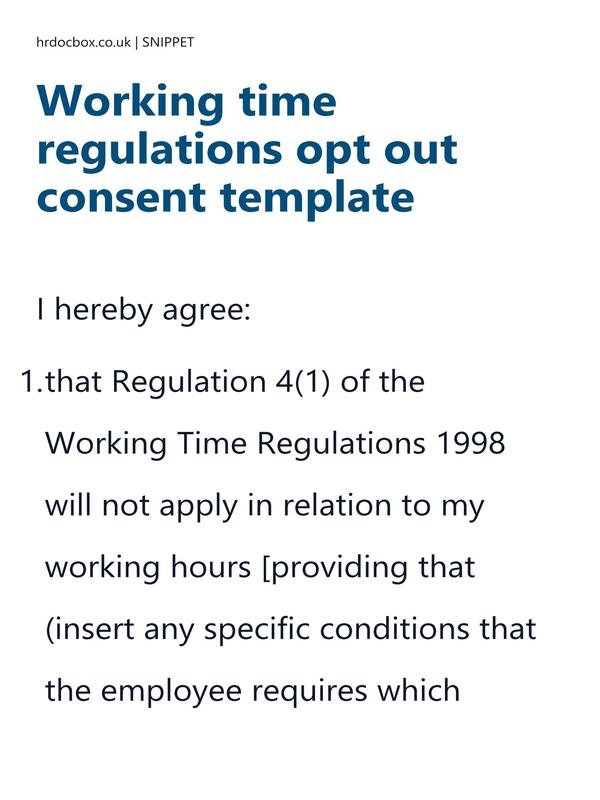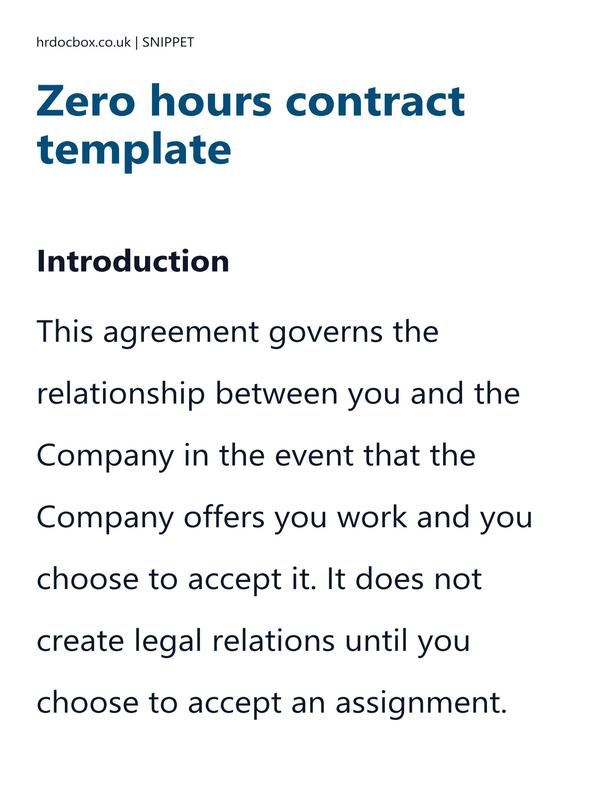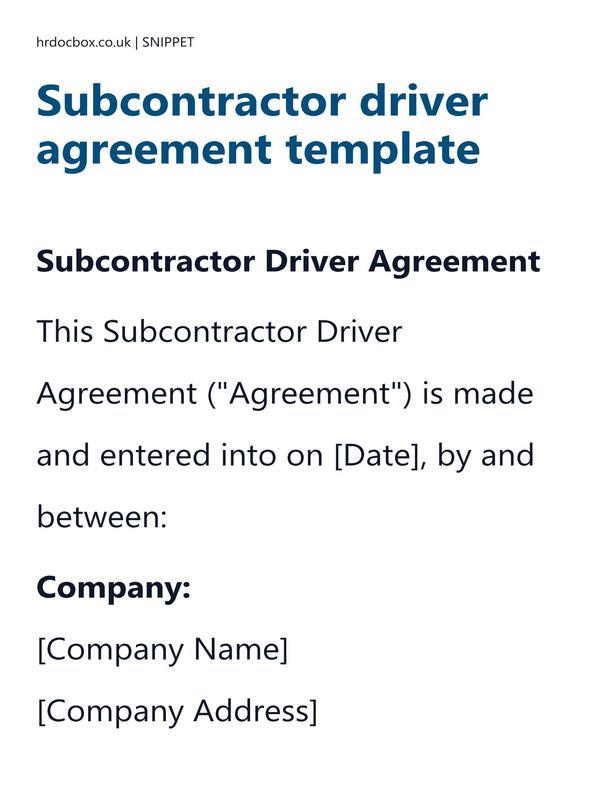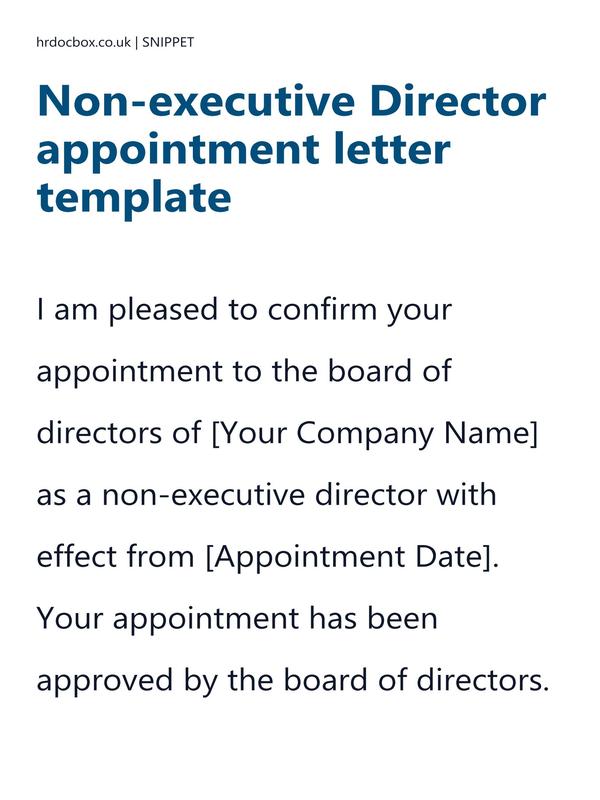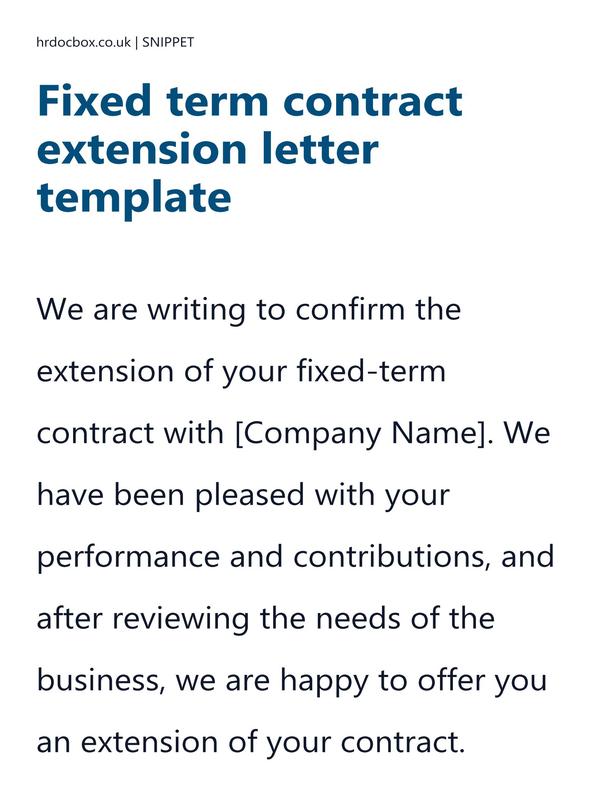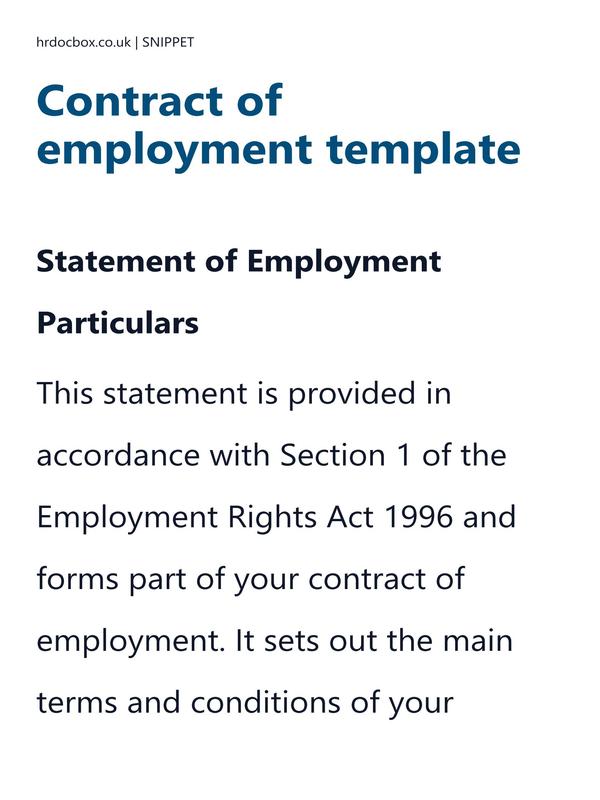Employment contract templates toolkit
Our Employment Contract Templates Toolkit streamlines contract management, making it easy to create, modify, and manage employment contracts.
Our Employment Contract Templates Toolkit offers a variety of templates to simplify contract management From crafting comprehensive job offers to detailing contract terms, our templates ensure legal compliance and seamless contract administration. Whether you need to create new contracts or update existing ones, our toolkit covers all the necessary documents required for efficient employment contract management.
- Includes 12 months' access to 14 Employment Contract templates, with all updates to the Employment contract templates toolkit provided free of charge and notified to you.
- UK-specific accuracy.
- Instantly download templates as Word / PDF / plain text, or send by email.
- These Employment contract templates toolkit will SAVE you up to 9 hours drafting & research, save you money, and reduce your risk.
Employment contract
A Contract of Employment, also known as an Employment Agreement or Employment Contract, is a legally binding document that outlines the terms and conditions of employment between an employer and an employee. It serves as a written record of the rights, responsibilities, and expectations of both parties in the employment relationship.
Key components of a Contract of Employment typically include:
-
Parties Involved: Identifies the employer (company or organisation) and the employee (individual) entering into the contract.
-
Job Title and Description: Specifies the employee's job title, duties, responsibilities, and reporting structure within the organisation.
-
Terms of Employment: Outlines the terms of employment, including the start date, duration (e.g., permanent, temporary, fixed-term), and any probationary period.
-
Salary and Benefits: Specifies the employee's compensation, including base salary or hourly rate, frequency of payment, overtime pay (if applicable), and any additional benefits such as health insurance, retirement plans, vacation days, and sick leave.
-
Work Schedule: Defines the employee's regular work hours, including start and end times, days of the week worked, and any flexibility or variations in the schedule.
-
Termination Clause: Describes the circumstances under which either party can terminate the employment relationship, including notice periods, severance pay (if applicable), and any conditions or obligations upon termination.
-
Confidentiality and Non-Disclosure: Addresses the protection of confidential information and trade secrets belonging to the employer, as well as any restrictions on the employee's ability to disclose or use such information during or after employment.
-
Intellectual Property: Clarifies ownership rights to any intellectual property created by the employee during the course of employment, particularly if the work is related to the employer's business or conducted using company resources.
-
Governing Law: Specifies the jurisdiction and laws that govern the interpretation and enforcement of the contract.
-
Signatures: Requires signatures from both parties to indicate their agreement to the terms and conditions outlined in the contract.
Contracts of Employment provide clarity and certainty for both employers and employees by establishing clear expectations and legal protections. They help prevent misunderstandings and disputes, protect the rights of both parties, and provide a framework for resolving conflicts or issues that may arise during the employment relationship.
Employment contract templates are essential for managing a low-risk, compliant Employment contract process.
Compliance
Compliance
-
Employers must provide employees with a written statement of their main terms and conditions of employment within two months of starting work. This statement must include details such as pay, working hours, holiday entitlement, notice periods, and job title.
-
Employers must ensure that employment contracts are fair, reasonable, and comply with UK employment law.
-
Employment contracts should clearly state the rights and responsibilities of both the employer and employee, including any notice periods, disciplinary procedures, and confidentiality requirements.
-
Employers must ensure that any contractual terms are not discriminatory or in breach of any other employment legislation, such as the Working Time Regulations or the National Minimum Wage Act.
-
Employers should review and update employment contracts regularly to ensure that they remain up-to-date and compliant with any changes to employment legislation or company policies.
-
Employers must ensure that all employees have a legal right to work in the UK before offering them employment, and should include appropriate clauses in employment contracts to reflect this requirement.
It is important for employers to have clear and fair employment contracts in place to protect both themselves and their employees, and to comply with UK employment law.
A contract is legally binding document and you should be fully satisfied that it is legal and correct before it is issued.
Key Employment Contract Case Law
Key Employment Contract Case Law
Navigating Employment contract processes correctly is crucial to help you avoid any problems (which can be costly in terms of time, money and reputation).
Recent UK case law has highlighted key aspects of good Employment contract management. Knowing how courts have handled claims can help you assess whether your proposed actions are likely to be seen as reasonable.
Here are some notable rulings and their implications:
-
Hart v St Mary's School (Colchester) Ltd (2019)
Facts: Ms. Hart, a part-time learning support teacher, was required to work five days a week following a timetable change, despite her contract indicating she would work three days a week. The employer relied on a variation clause that was not sufficiently clear.
Outcome: The Employment Appeal Tribunal (EAT) found that the unilateral change imposed by the employer was a repudiatory breach of contract, leading to a successful claim for unfair constructive dismissal by Ms. Hart.
Key Takeaway: Employers must ensure variation clauses in contracts are clear and unambiguous. Significant changes should not be imposed without explicit contractual terms or employee agreement.
-
Norman and Others v National Audit Office (2020)
Facts: Employees of the National Audit Office (NAO) were subject to changes in leave and sick pay entitlements without their consent. The NAO relied on a clause in the contracts and sections of the HR manual to implement the changes unilaterally.
Outcome: The EAT ruled in favor of the employees, reinstating their original terms. The tribunal held that the variation clause was not sufficiently clear and unambiguous to permit unilateral changes.
Key Takeaway: For a flexibility clause to be enforceable, it must be explicitly clear and precise. Employers should engage in proper consultation before making unilateral changes to employment terms.
-
London Borough of Lambeth v Agoreyo (2019)
Facts: Ms. Agoreyo, a teacher, was suspended for alleged misconduct without proper investigation. She resigned, claiming constructive dismissal due to breach of trust and confidence.
Outcome: The Court of Appeal ruled that the suspension was a breach of the implied term of trust and confidence. The suspension was not a "reasonable and proper" response to the allegations.
Key Takeaway: Employers must carefully consider the necessity and proportionality of suspending employees. Inadequate justification for suspension can lead to claims of constructive dismissal.
-
Royal Mail Group Ltd v Jhuti (2019)
Facts: An employee was dismissed after being manipulated by her line manager to withdraw a whistleblowing complaint. The innocent decision-maker was unaware of the protected disclosure.
Outcome: The Supreme Court held that the unfair dismissal claim could succeed, considering the line manager's manipulative motives.
Key Takeaway: Employers should ensure that disciplinary actions are free from manipulation and that decision-makers are fully informed of all relevant circumstances, especially concerning protected disclosures.
Instantly unlock with a purchase.
Instantly unlock with a purchase.
Frequently Asked Questions about Employment Contract templates
Frequently Asked Questions about Employment Contract templates
-
Can small businesses use these Employment contract templates?
Yes. The Employment contract templates in this toolkit are designed to be flexible and suitable for organisations of all sizes, including small businesses and charities. They follow UK employment law best practice, so even if you don't have an in-house HR team, you can confidently manage Employment contract processes and issues.
-
Are these Employment contract templates up to date for UK law in 2026?
Absolutely. All templates are drafted with the latest ACAS guidance and UK employment legislation in mind. We review and update them regularly, so you can be confident they remain compliant.
-
What types of Employment contract letters and documents are included?
Every toolkit includes a complete set of editable templates, supporting documents, and manager guidance designed to save time and ensure compliance.
-
How will this help me as an HR manager or business owner?
Purchasing the toolkit saves you hours of drafting time and reduces the risk of legal mistakes. Instead of starting from scratch, you'll have clear, professional templates that you can adapt to your business.
-
Do I get instant access to the templates?
Yes. Once purchased, you'll be able to download the Employment contract toolkit instantly. The templates are provided in editable Word or Excel format so you can customise them easily, and PDF format for easy sharing.
-
Can I preview a sample Employment contract template before buying?
We provide free examples of our templates here. This gives you a sense of the quality and layout before you commit to purchasing the full toolkit.
-
What if I need a full HR toolkit, not just Employment contract templates?
If you're looking for broader support, we also offer library bundles that include Employment contract templates along with absence, grievance, and other HR policies. These may be more cost-effective if you need a complete HR library.
-
Why should I use these templates, and not AI to generate them?
The risk of using free AI-generated templates 'without review' includes your legal exposure, missing context, and no awareness of the wider process. Purchasing from us mitigates that risk.


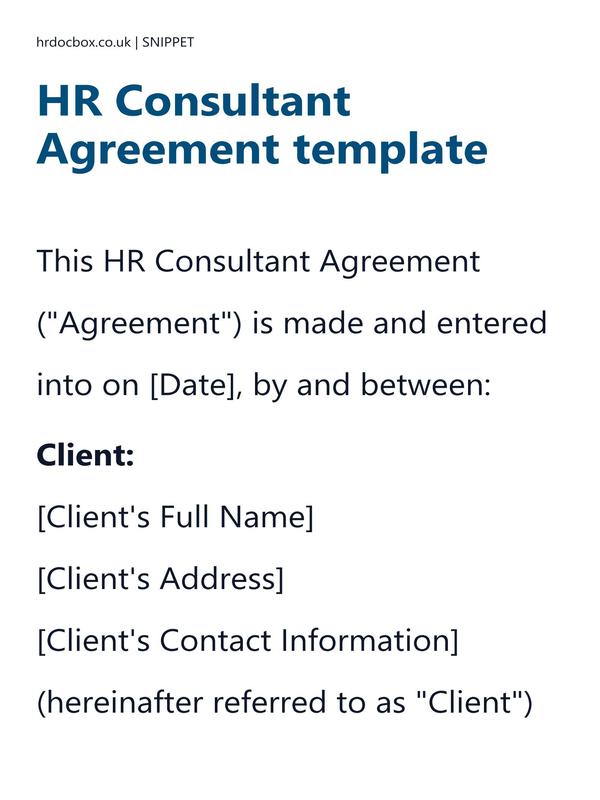
-template-preview.jpg)
